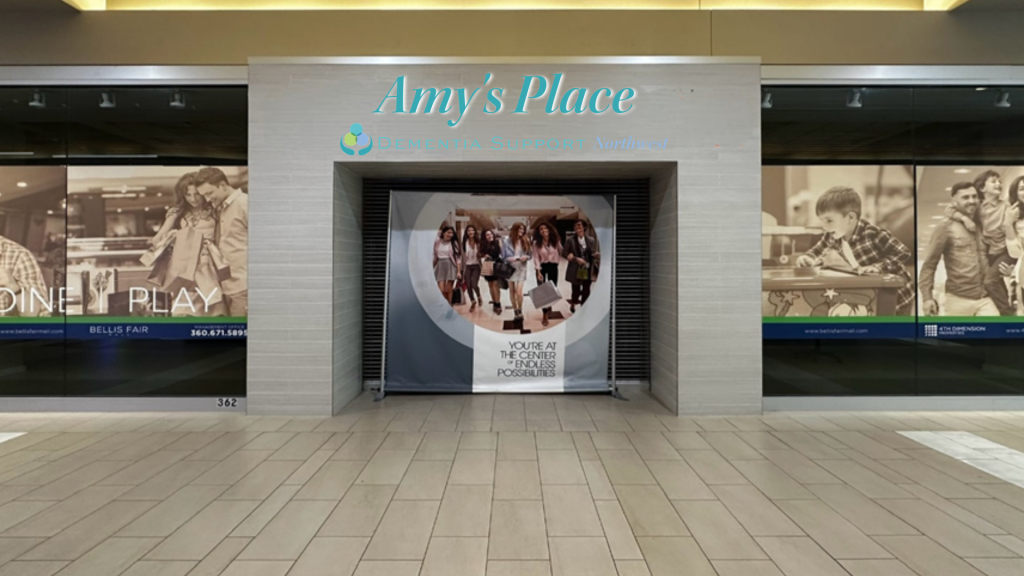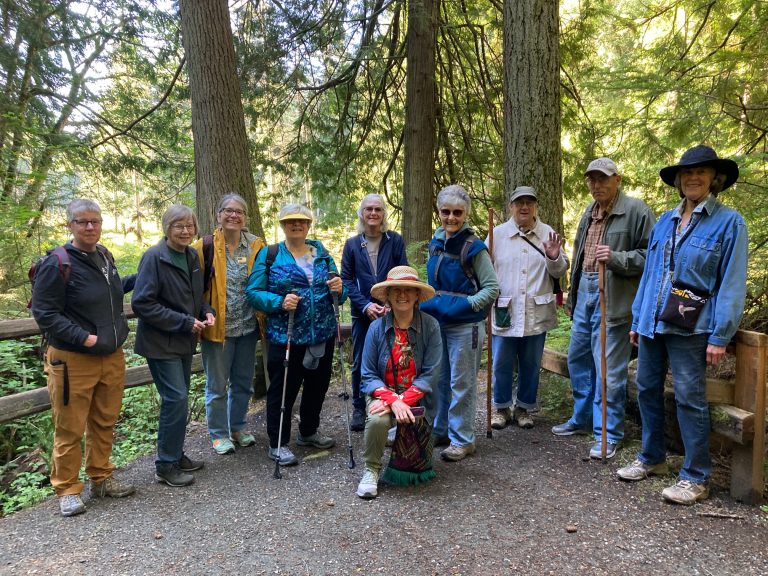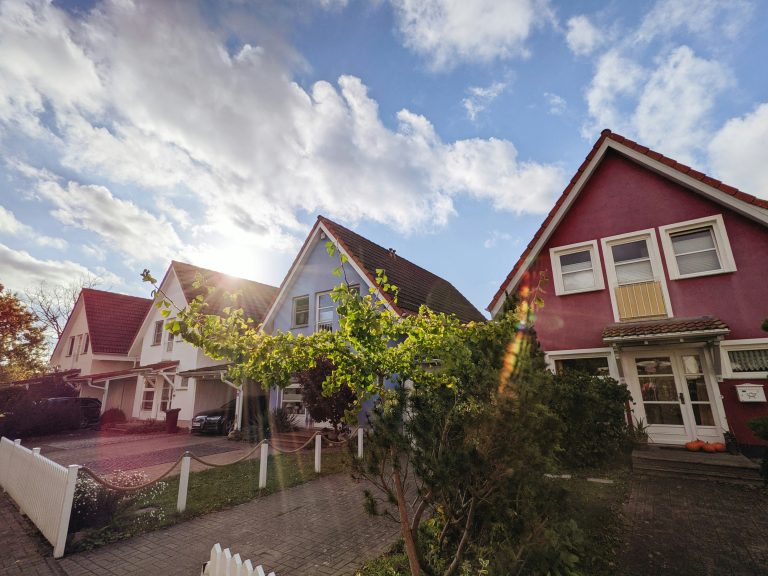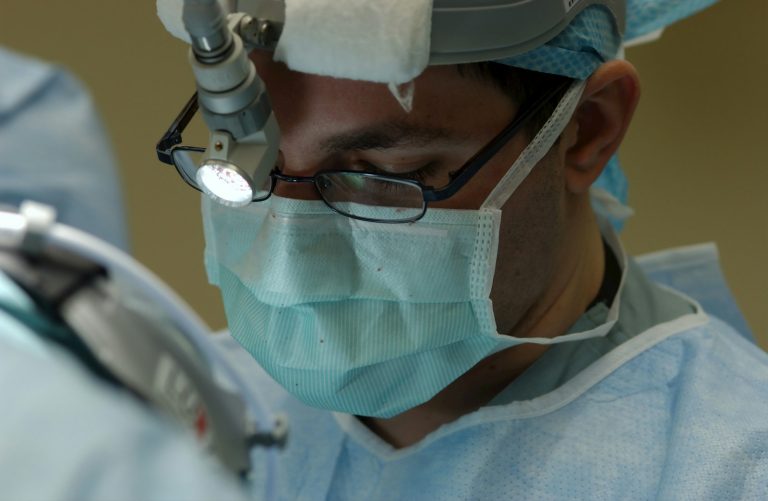This article was first published on February 2, 2021 BY TAKE MY HAND

As an aid for older people with dementia or cognitive decline, technology has been in use for decades. In fact, the first medical alert device — a pendant that could dial preprogrammed phone numbers when pressed — dates to the 1970s.
As technology has grown and expanded in the past half-century, its usefulness in helping people with dementia and their loved ones has grown as well.
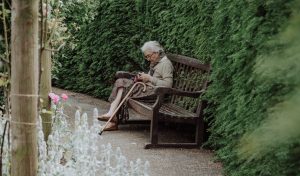
Here are five ways modern technology can be used to help those with cognitive decline:
- Because those with cognitive decline can be prone to wander and get lost, location trackers can be lifesavers. The Alzheimer’s Society website contains a wonderful resource for those looking for technology to keep tabs on the location of a loved one.
- Video monitors can be placed strategically to let family members and caregivers know that people with dementia are able to take charge of important activities. A camera trained on the medication cabinet, for example, can send alerts when movement is detected, providing assurance that important medications are being taken. Similarly, a kitchen camera can provide evidence that loved ones are eating, and a door camera can send notices when someone enters or leaves the house.
- It can be common among the elderly, and especially those with Alzheimer’s disease or another form of dementia, to need regular reminders of the time, day and their schedule. Talking clocks can provide aural and visual reminders of the time and can be programmed to remind the elderly when to take medications.
- Digital games can help the elderly meet needs for socialization, communication and brain stimulation. ActTo Dementia, an international dementia research project, provides app recommendations on its website.
- Picture frames that show slideshows of digital photos can be used to show friendly and familiar faces to the elderly, helping stave off loneliness and to keep the faces of loved ones at the fronts of their minds. Some of these frames also can be set to play familiar and meaningful music.
Of course, technology should be used as an aid, not as a replacement for a caregiver or another form of memory care. For their emotional and physical wellbeing, it’s important that elderly loved ones continue to receive personal care and attention. For assistance with at-home care in Whatcom County, from Bellingham to Blaine, please consider giving Take My Hand At-Home Care a call.








